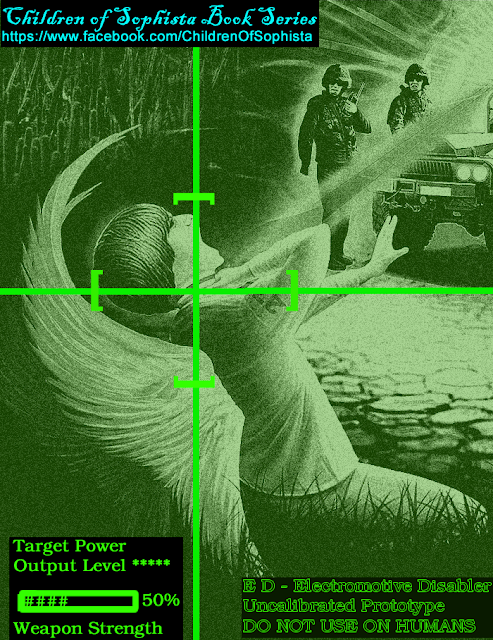A fantasy writer must find ways to suspend your disbelief when presenting you a fantastic yarn deviating from the mundane reality in which we are all affixed. The real goal, when not stated so abstractly, is to touch your heart in a way that vests your emotions in the characters so that literally your psyche rides the character’s wave through the entire storyline.
Harry Potter does this by using two common storyline tools: a child living in ordinary circumstances suddenly swept by magic and family history into a fantastical word, and the story’s contact with and relevance to the real world. One of the key accomplishments of Harry Potter is that it maintains contact with the real world, giving it charm and relevance to the events many people experience in their lives. It is a stealth how-to manual of sorts, especially for young people, who have limited experience with the baffling world created by adults. Even adults can remember when they came in contact with their first real world event, stabbing their childhood, perhaps even inflicting a mortal blow on it. As adults, we often have unresolved issues from our childhood, and we long for that safe, protected refuge that Harry Potter provides, where we can once again examine the life choices we have made.
When I wrote “The Owl from Oblivion”, I chose to take the reverse approach to this fantasy trope by watching the world through the eyes of immortal children whose lives come crashing down into reality, focusing on things that destroy their innocence. The children start out as immensely powerful, living in a fantasy-like approximation of the real world. As real world issues arise, including people feeling these children are a threat, the children are forced to make adult decisions they are ill-prepared to make, and their mistakes cause the destruction of their supernatural existence. In Harry Potter, one of the more moving threads occurred when the children had to erase their family existence in order to protect their families from the dangers of their magical existence. In a sense, they are running away from home.
By contrast, in “The Owl from Oblivion”, immortal, genius children come crashing down into reality, losing all but a few defensive powers. Just like real world children, they must face crushed expectations, the randomness of what family they are born or adopted into, and the outcast nature perhaps a talented child might experience. For these children, adulthood and its associated quelling of childhood issues will never come. What will they do about their mortal friends? Will they be forced to watch them die over and over again—generation after generation—as they live on to face whatever pleasures or horrors the future world will bring—remaining children and potentially stripped of their originating families by death? As these children embody immortality, the most sought-after elixir of humanity, what will humanity do to them to obtain it? Now that they are part of real families, those families all have dramas gripping them, sometimes with tragic consequences. What will become of the children when severe human tragedy hits? When extraterrestrials sympathetic to the children’s cause arrive, will they improve the children’s situation or simply call more attention to them as a threat to be dealt with? Can humanity ever be trusted?
For many of humanity’s problems there are no simple solutions. There are only strategies for coping and moving forward. Read “The Owl from Oblivion” to see how these magical, immortal children, gradually being crushed by reality, are able to cope with tragedy and perhaps survive human treachery.









No comments:
Post a Comment